There are many situations where knowing how to properly address a letter is not only useful but essential—whether you're applying for a job, sending an official complaint, or writing to a government office.
Addressing a letter correctly demonstrates professionalism, ensures your letter reaches its destination, and makes a good first impression.
Download Our Template and Address Letter Correctly
Begin the process of sending and addressing a formal letter with our free template. You can also check out our library of documents for any other template filling needs you might have.
Recipient’s Address
The recipient’s address should be clearly written in the center of the envelope (or on the letter if you’re including it in the body) and include all the following details:
- Recipient’s Name: Include the person’s full name. If you're writing formally, include their title (e.g., Mr., Mrs., Dr.).
- Company Name (If Applicable): If you're sending the letter to a business, include the company’s name below the recipient’s name.
- Street Address: Ensure the address is complete with the street name and number.
- City, State, and ZIP Code: Always check for the correct city, state abbreviations, and postal code.
Make sure the postage is appropriate for the size, weight, and destination of the letter. For example, the United States Postal Service (USPS) provides clear guidelines on how to prepare and stamp letters for domestic and international mailing.
Learn How to Address a Letter from Types of Letters and Templates
Check the methods to addressing letters and this simple guide to using our FREE template and become an expert at addressing a letter. You can add text and insert images to your electronic letters using the latest version of PDF Reader Pro for Mac or Windows:
Type 1: Formal Letters
The recipient’s address should be placed in the upper left corner of the envelope or the top of your letter. Make sure to include:
Usage:
- Business correspondence
- Official communications
- Letters to government or educational institutions
Key Points:
- Use “Dear Mr./Ms./Dr. [Last Name]” for the salutation.
- Conclude with a formal closing such as “Sincerely” or “Best regards.”
Template:
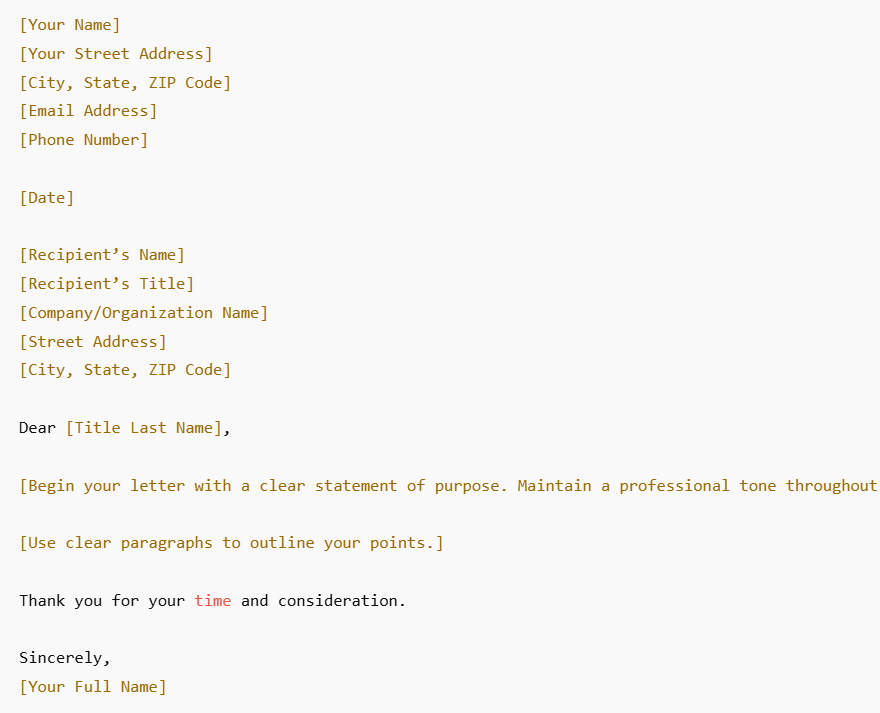
Type 2: Informal Letters
Usage:
- Personal messages to friends or family
- Casual updates
Key Points:
- The date may be placed at the top, and there is no need for a return address if the letter is delivered personally.
- The tone should be conversational and relaxed.
Template:

Type 3: Business Letter
Usage:
- Communication between companies
- Professional inquiries and transactions
Key Points:
- The layout is similar to the formal letter, but it might include a company letterhead.
- Keep the language clear, concise, and professional.
Template:
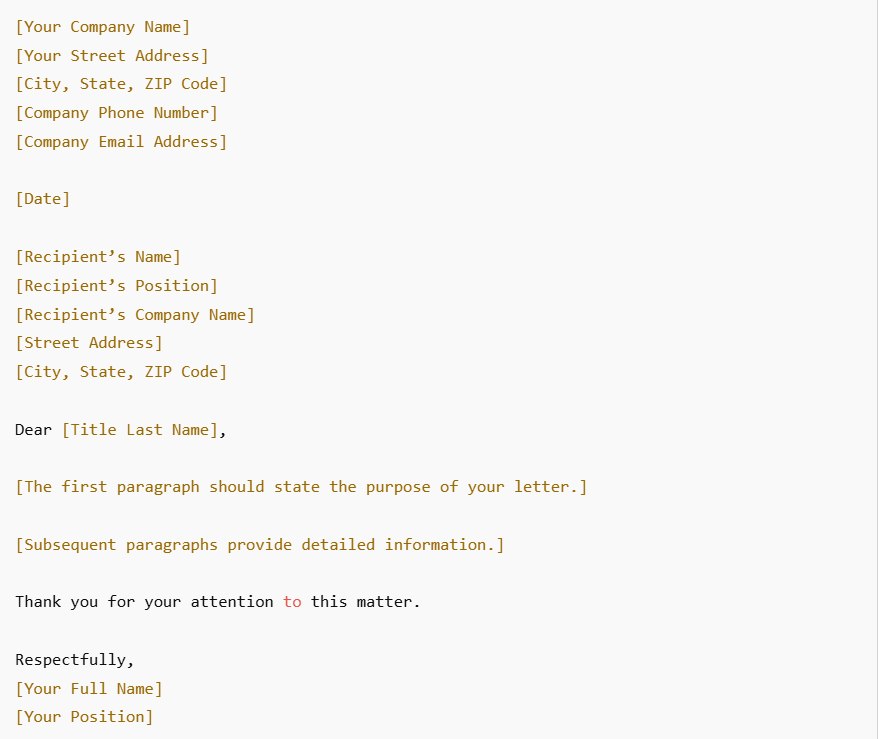
Type 4: Cover Letter (Job Application)
Usage:
- Accompanying a resume when applying for a job
Key Points:
- Address the letter to the hiring manager by name if possible.
- Tailor the content to highlight your relevant skills and experiences.
Template:
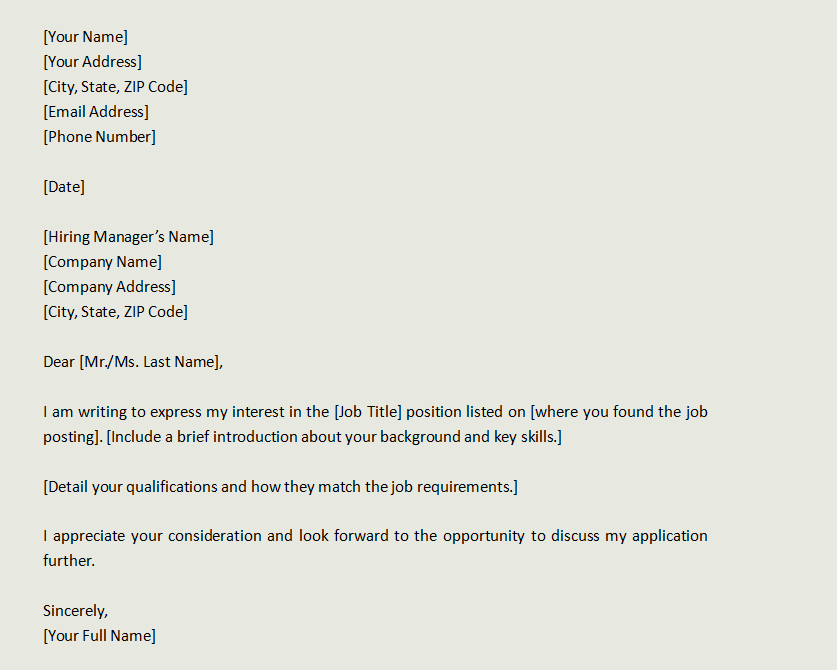
Type 5: International Letter (Addressing a Letter to the United States)
Usage:
- When sending mail from abroad to the United States
Key Points:
- Write “UNITED STATES OF AMERICA” as the country name in capital letters.
- Follow your own country’s postal guidelines for formatting before including the U.S. specific details.
Template & Considerations:
International letters should follow the local postal service’s standards and then incorporate the U.S. addressing format. For example:
Additional Tips
- Clarity and Legibility: Always use clear handwriting or a printed label to ensure that addresses can be read easily by postal workers.
- Accuracy: Double-check all details including names, addresses, and postal codes.
- Formatting: Use standard fonts and avoid overly stylized text on the envelope.
- Postage Requirements: Refer to your local postal service guidelines for specific instructions regarding stamps, additional postage for international mail, and any other mailing rules.
Following these guidelines and using the templates above will help ensure that your letter is professionally presented and delivered without delay.







 Free Download
Free Download  Free Download
Free Download  Free Download
Free Download 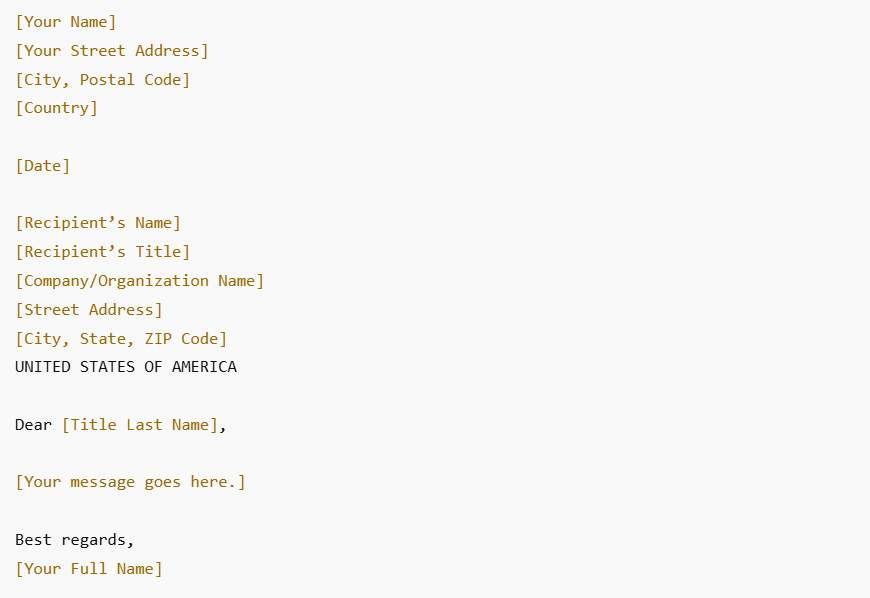



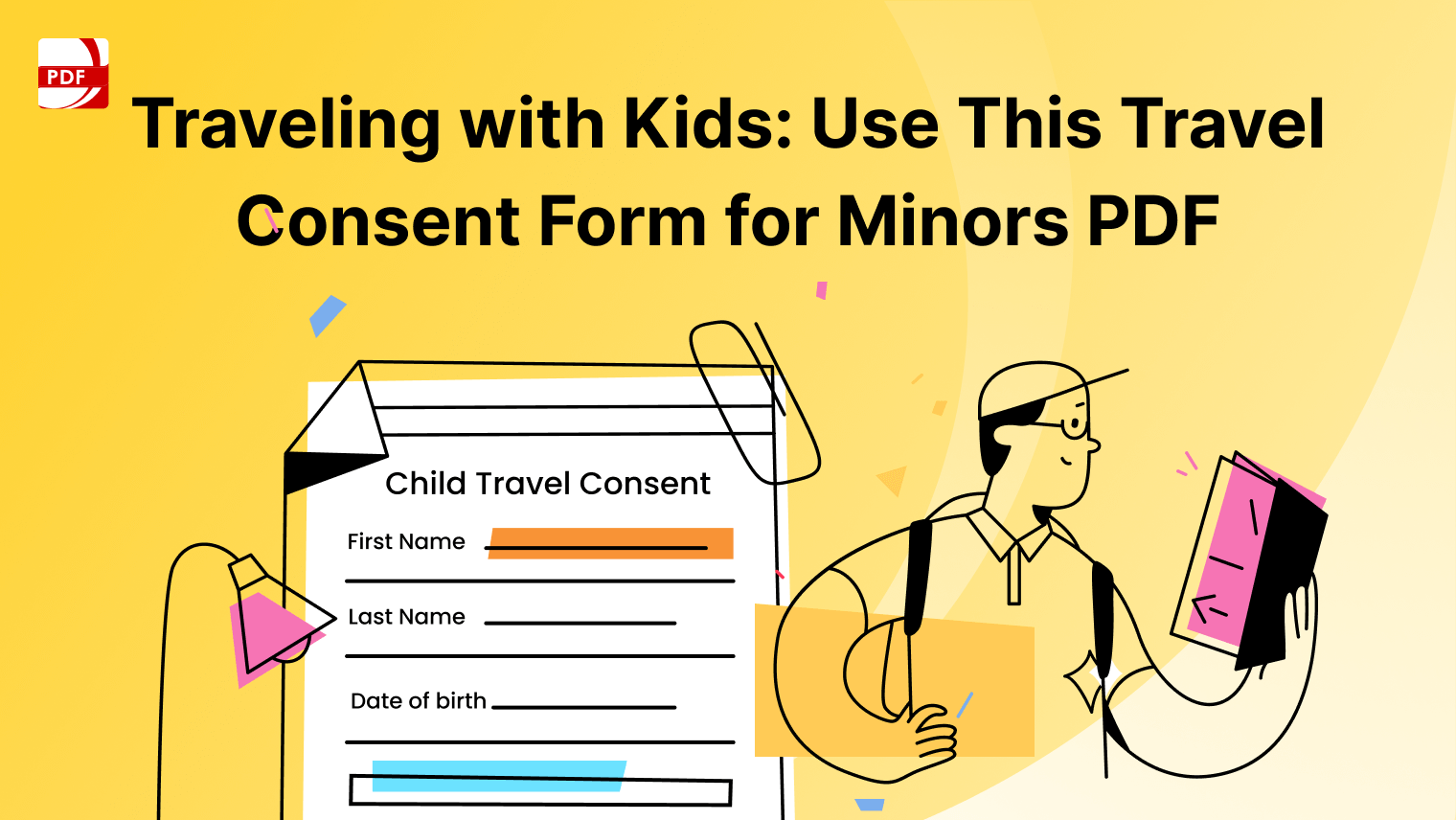
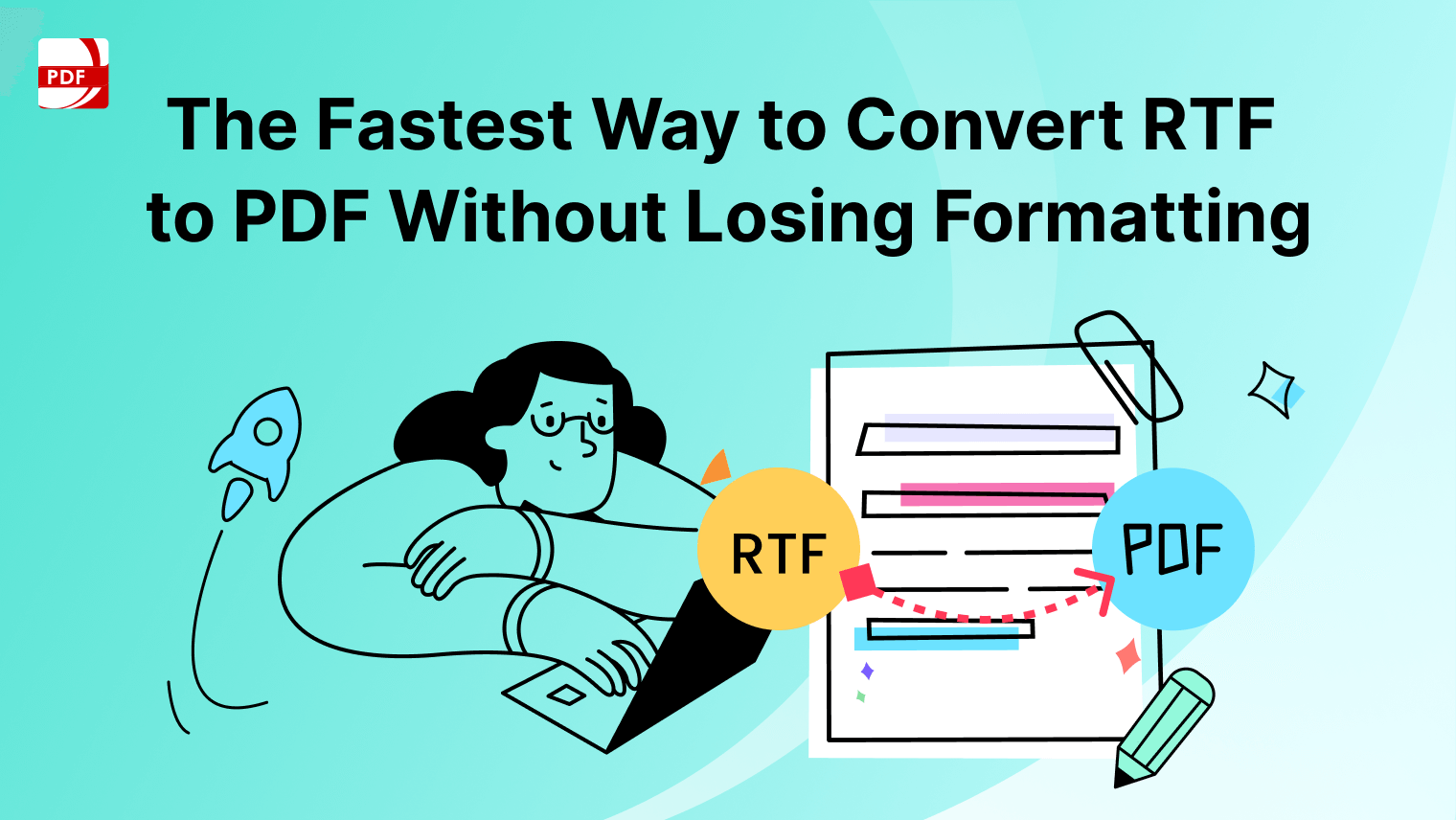

 Support Chat
Support Chat